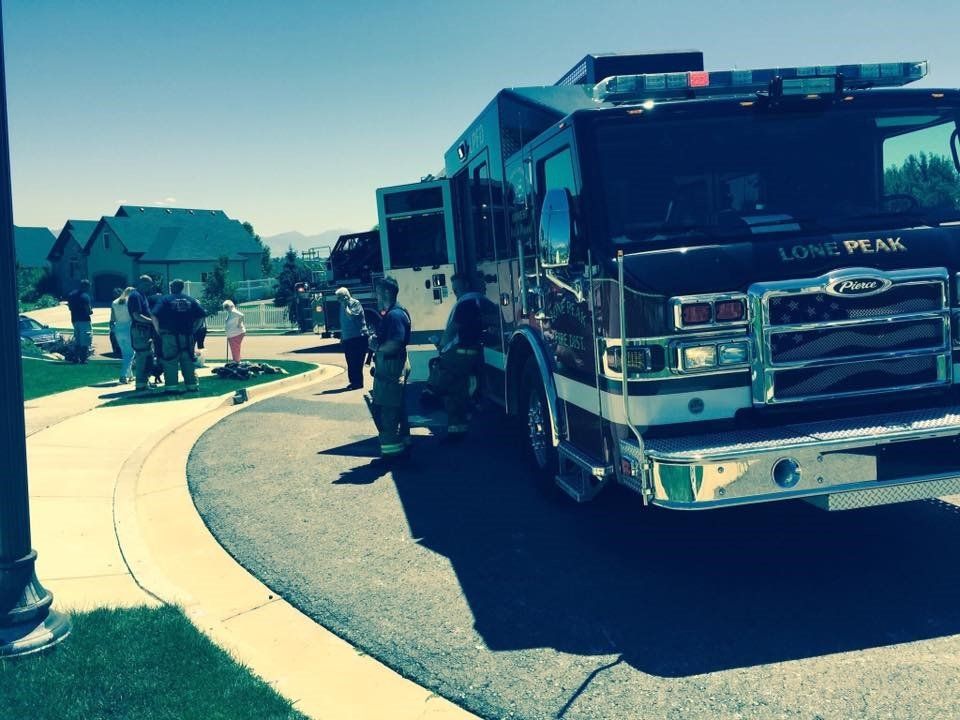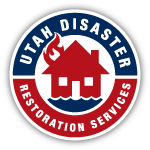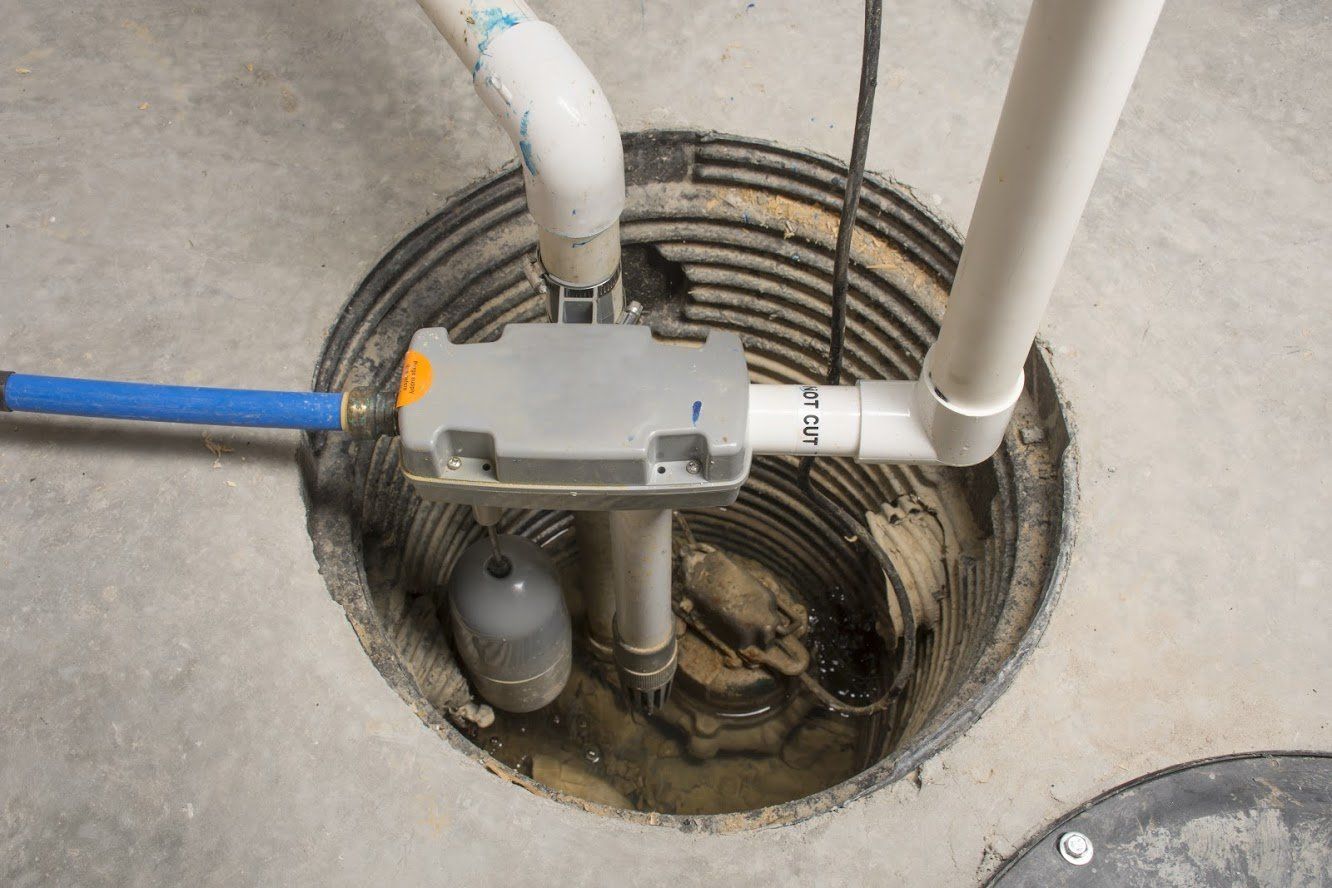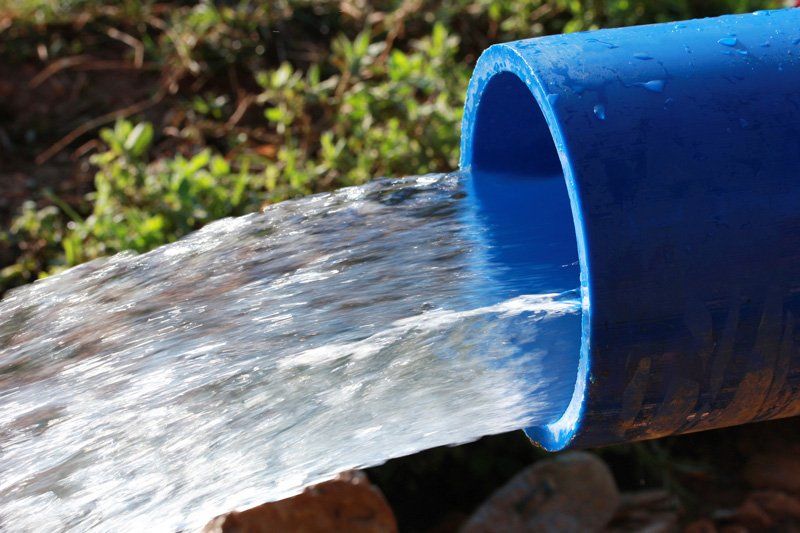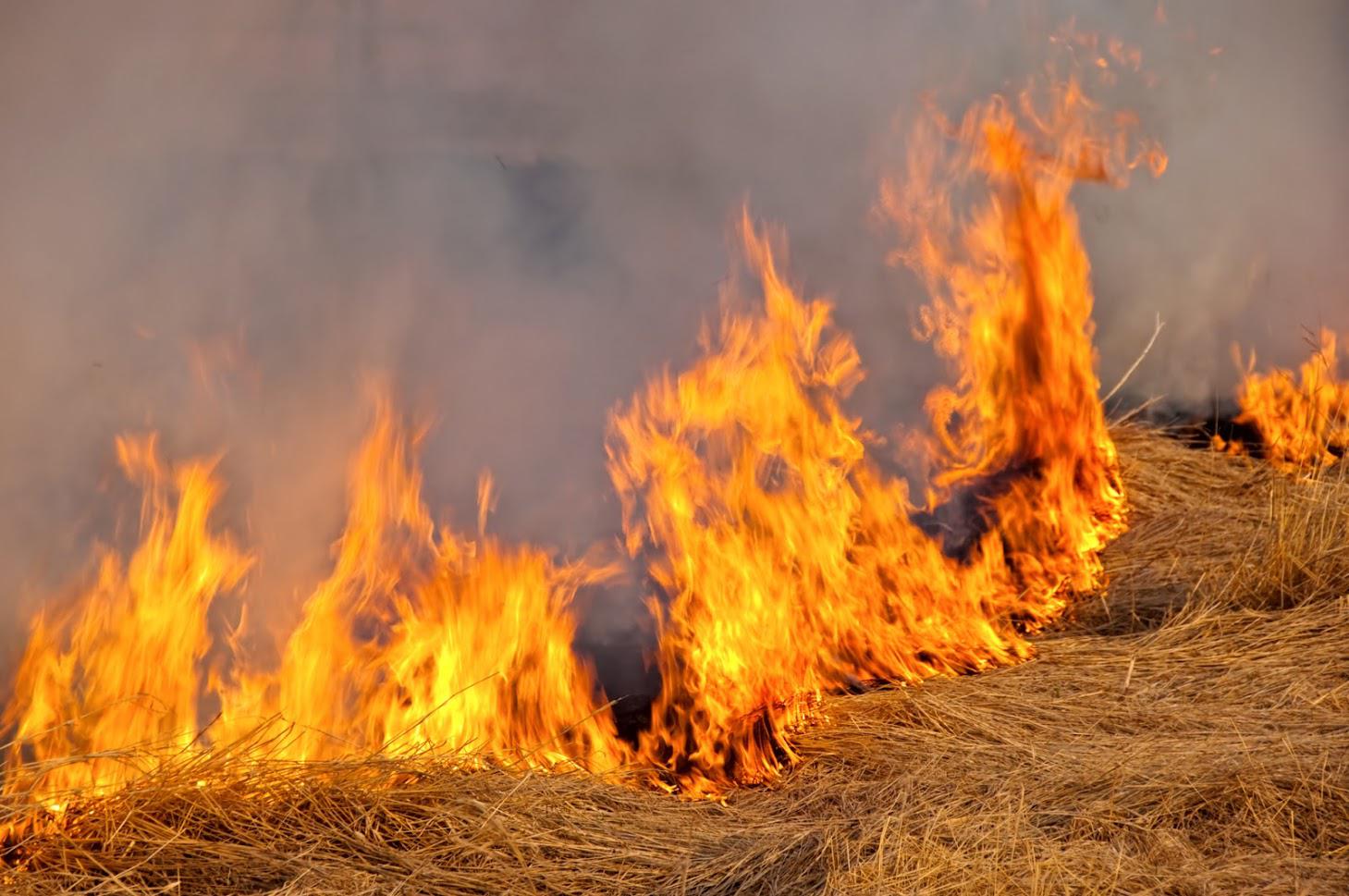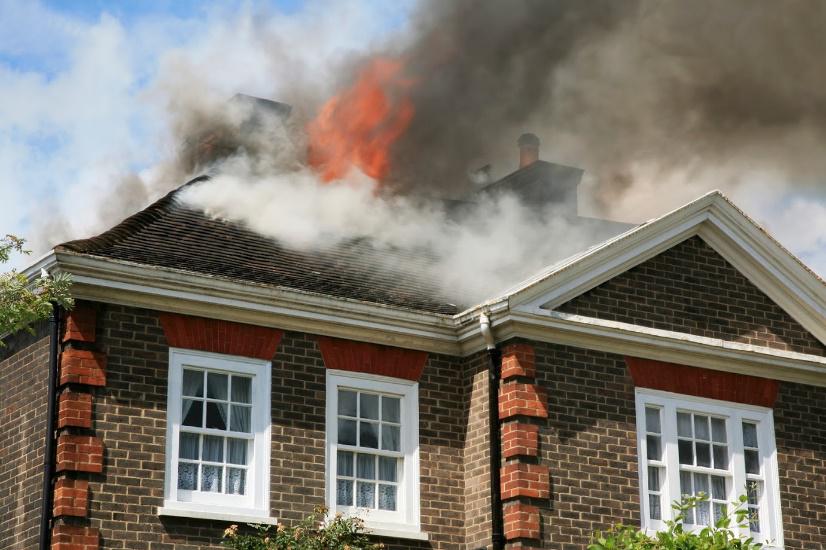Repairing Water Damage After a Water Heater Leak
- By Admin
- •
- 10 May, 2019
- •
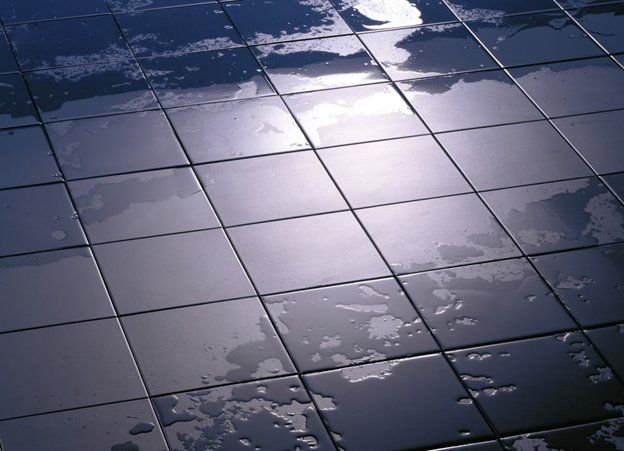
Most homeowners will eventually need to deal with a leaky water heater. As water heaters age, they can begin to leak — and certain issues, such as defects, could cause them to leak a lot. But even if you've addressed the situation quickly, the water damage around the water heater could be significant. Here's what you need to know.
Signs of a Potential Water Heater Leak
One reason that water heater leaks can cause such significant damage is because the leak can easily go unnoticed for some time. Frequently, a water heater is stored in a separate cabinet, away from the living spaces in a home. Certain signs indicate the presence of a water leak, although a homeowner might not notice them:
- Strange cracking sounds from the water heater when it's heating.
- Warm water rather than hot water coming from the heater.
- Rust forming on the exterior of the water heater.
Any of the above signs merits a hot water heater inspection. The leak itself may not be noticeable.
Signs of Water Damage in Your Floor
The most obvious damage after a leak is usually your floor. Hardwood floors may be cupped and warped, while laminate floors may start to pull apart. If you have ceramic tile floors, the tile itself may not be effected, but you may see cracks in the grout. However, though the effects on the floor will be the most obvious damage, they’re often not the only damage. If you just repair your flooring, you could still have other issues later on.
The Dangers of Serious Water Damage
If the leak has progressed for some time, it's likely to start impacting your drywall and insulation. That means that the water may weaken the drywall or, worse, cause mold to grow in your house. Mold can range from a minor annoyance to an exceptionally dangerous presence, and it doesn't take long for it to escalate from annoyance to danger. If mold is allowed to grow in your home, you may need full remediation services.
Mold, when allowed to grow, can become toxic, cause allergies, or cause asthma attacks. It's particularly dangerous to the young and the old, as well as individuals who have compromised immune systems. It's also very hard to get rid of. After a professional treatment, you may need to test the air quality within your home to make sure that the mold has been reduced to acceptable levels. Mold can grow anywhere because the spores get everywhere.
Prevention of Future Leaks
Once you've dealt with your water damage, you’ll need to make sure that leaks don't happen again. You can do a few things beyond replacing your water heater to help with this. An annual inspection of your water heater can head off many problems. Your water heater may also need to be drained on an annual basis, as many water heaters build up silt and dirt.
A water heater usually has the usable lifespan of about 8 to 12 years, so once your water heater begins to near 8 years of age, you’ll probably need to have it replaced. If your water heater is starting to approach that age (or has already exceeded it), it's better to replace it before it bursts than to replace it after. A burst water heater can create far more significant water damage than a leaking one.
If you've had a leak in your house, act swiftly to make sure that the problem has been properly addressed. Otherwise, mold and other structural issues could occur. For an inspection and consultation of any water damage that has occurred in your home, contact the experts at Utah Disaster Restoration Services.
